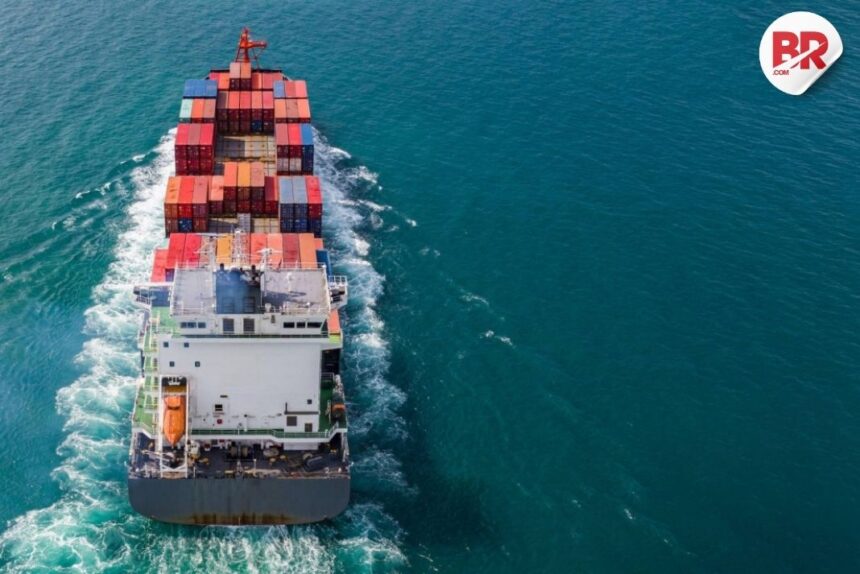
Trade tensions are freezing billion-dollar deals—Japan just hit pause.
Tokyo, April 8 – Japan debt deals worth nearly $700 million have been put on ice this week. The reason? A sudden spike in market volatility triggered by the latest round of U.S. tariffs, raising alarms over a potential trade war.
Three of Japan’s major firms—Asahi Group, Suntory Holdings, and Nissin Foods—have all postponed their planned bond issues, citing unstable financial conditions.

Why Were Japan Debt Deals Delayed?
Japanese corporations are traditionally seen as conservative when it comes to debt issuance. But even the most stable names are taking a step back this time.
🔹 Asahi Group Holdings
The global beer giant delayed a $340 million bond offering, citing extreme caution due to market swings.
🔹 Suntory Holdings
Scheduled to raise $68 million through a subordinated bond this week, Suntory pulled out at the last minute, worried about investor appetite.
🔹 Nissin Foods
The company famous for Cup Noodles shelved its $271 million bond deal, blaming “uncertain market sentiment.”
Also Read: Trade Wars + Recession = Oil Crash? Goldman Warns Market Shift
Global Fallout: Not Just a Japan Problem
The Japan debt deals freeze mirrors global panic as U.S. tariffs shake investor confidence across Asia. Here’s what else is happening:
- Bond Yields Dropping: Japan’s 10-year government bond yield briefly fell to a three-month low before rebounding slightly.
- Volatile Stock Markets: Asian equities saw some recovery Tuesday but remain under pressure.
- Capital Raising in Danger: Analysts warn that more companies could delay or downsize funding plans if uncertainty continues.
“The hesitation by these companies reflects deep market anxiety,” said a Tokyo-based investment banker. “We’re entering risk-off mode globally.”
It’s Spreading: Other Markets Feel the Pinch
Even outside Japan, the impact is visible. Hanwha Aerospace in South Korea reduced its fundraising target by one-third, signaling regional financial stress.
These moves underscore a bigger picture: geopolitical uncertainty is no longer a U.S.-China issue—it’s a global concern.
Also Read: ‘A Mistake on Top of a Mistake’: China Warns U.S. Over Tariffs
What This Means
The postponed Japan debt deals may be just the beginning. If trade tensions rise, companies across Asia could delay vital investments and expansion plans.
Key takeaway:
The ripple effects of tariffs are growing. If the trend continues, global financing could slow down sharply—impacting economies from Tokyo to Seoul.
Also Read: Tesla CEO Elon Musk Urged Trump to Kill New Tariffs












